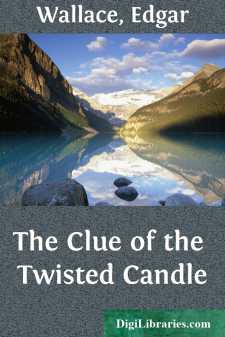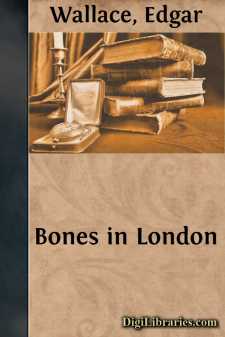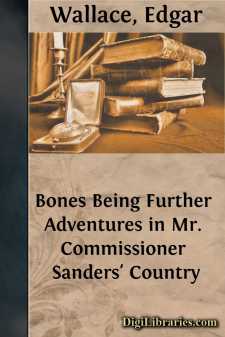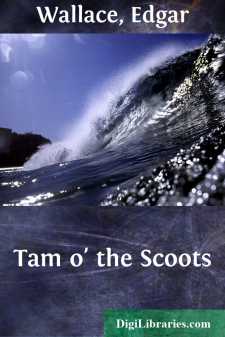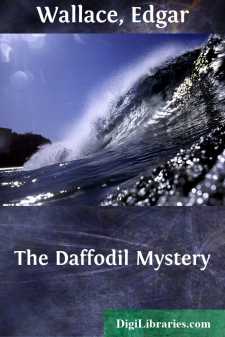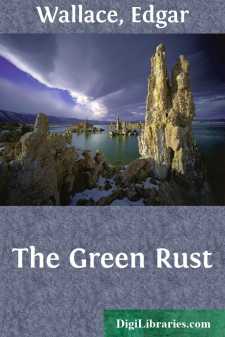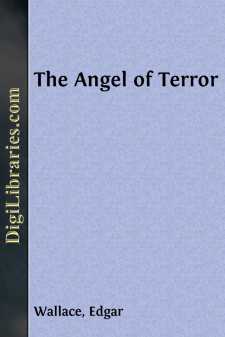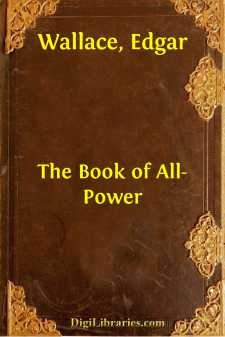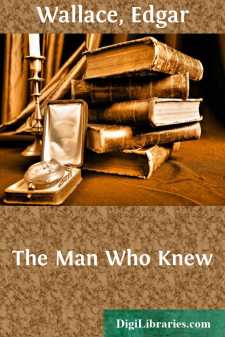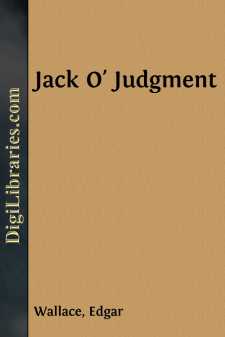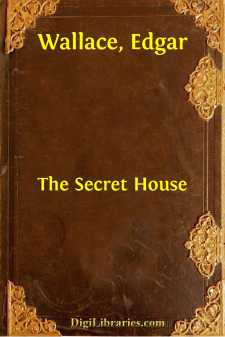Categories
- Antiques & Collectibles 13
- Architecture 36
- Art 48
- Bibles 22
- Biography & Autobiography 813
- Body, Mind & Spirit 142
- Business & Economics 28
- Children's Books 15
- Children's Fiction 12
- Computers 4
- Cooking 94
- Crafts & Hobbies 4
- Drama 346
- Education 46
- Family & Relationships 57
- Fiction 11828
- Games 19
- Gardening 17
- Health & Fitness 34
- History 1377
- House & Home 1
- Humor 147
- Juvenile Fiction 1873
- Juvenile Nonfiction 202
- Language Arts & Disciplines 88
- Law 16
- Literary Collections 686
- Literary Criticism 179
- Mathematics 13
- Medical 41
- Music 40
- Nature 179
- Non-Classifiable 1768
- Performing Arts 7
- Periodicals 1453
- Philosophy 64
- Photography 2
- Poetry 896
- Political Science 203
- Psychology 42
- Reference 154
- Religion 513
- Science 126
- Self-Help 84
- Social Science 81
- Sports & Recreation 34
- Study Aids 3
- Technology & Engineering 59
- Transportation 23
- Travel 463
- True Crime 29
The Clue of the Twisted Candle
by: Edgar Wallace
Categories:
Description:
Excerpt
CHAPTER I
The 4.15 from Victoria to Lewes had been held up at Three Bridges in consequence of a derailment and, though John Lexman was fortunate enough to catch a belated connection to Beston Tracey, the wagonette which was the sole communication between the village and the outside world had gone.
"If you can wait half an hour, Mr. Lexman," said the station-master, "I will telephone up to the village and get Briggs to come down for you."
John Lexman looked out upon the dripping landscape and shrugged his shoulders.
"I'll walk," he said shortly and, leaving his bag in the station-master's care and buttoning his mackintosh to his chin, he stepped forth resolutely into the rain to negotiate the two miles which separated the tiny railway station from Little Tracey.
The downpour was incessant and likely to last through the night. The high hedges on either side of the narrow road were so many leafy cascades; the road itself was in places ankle deep in mud. He stopped under the protecting cover of a big tree to fill and light his pipe and with its bowl turned downwards continued his walk. But for the driving rain which searched every crevice and found every chink in his waterproof armor, he preferred, indeed welcomed, the walk.
The road from Beston Tracey to Little Beston was associated in his mind with some of the finest situations in his novels. It was on this road that he had conceived "The Tilbury Mystery." Between the station and the house he had woven the plot which had made "Gregory Standish" the most popular detective story of the year. For John Lexman was a maker of cunning plots.
If, in the literary world, he was regarded by superior persons as a writer of "shockers," he had a large and increasing public who were fascinated by the wholesome and thrilling stories he wrote, and who held on breathlessly to the skein of mystery until they came to the denouement he had planned.
But no thought of books, or plots, or stories filled his troubled mind as he strode along the deserted road to Little Beston. He had had two interviews in London, one of which under ordinary circumstances would have filled him with joy: He had seen T. X. and "T. X." was T. X. Meredith, who would one day be Chief of the Criminal Investigation Department and was now an Assistant Commissioner of Police, engaged in the more delicate work of that department.
In his erratic, tempestuous way, T. X. had suggested the greatest idea for a plot that any author could desire. But it was not of T. X. that John Lexman thought as he breasted the hill, on the slope of which was the tiny habitation known by the somewhat magnificent title of Beston Priory.
It was the interview he had had with the Greek on the previous day which filled his mind, and he frowned as he recalled it. He opened the little wicket gate and went through the plantation to the house, doing his best to shake off the recollection of the remarkable and unedifying discussion he had had with the moneylender.
Beston Priory was little more than a cottage, though one of its walls was an indubitable relic of that establishment which a pious Howard had erected in the thirteenth century....


